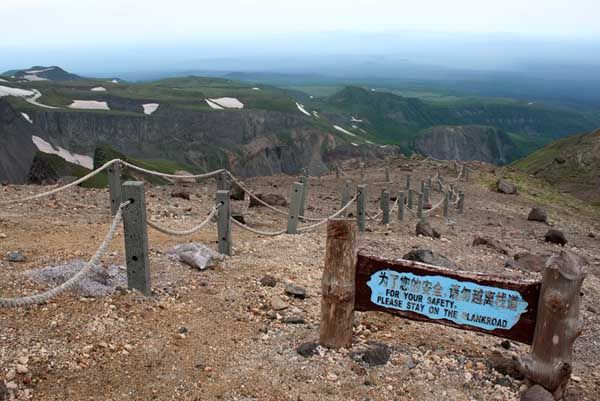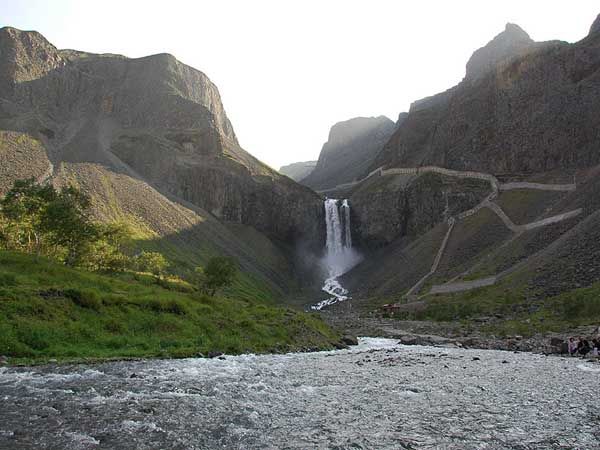Holiday Resolution
Changbaishan is one of the ten famous mountains of China, and the volcanic mountain range is located at the border between China and North Korea
in Jilin province. The mountain, which translates into 'perpetually white mountain' in English, takes its name after the snow and greyish white volcanic rock which blankets the mountain peaks for most of the year. Changbaishan is considered as a sacred place to the Manchurians, and permission from the imperial court must be sought before one could gain access to the mountain range during the Qing dynasty.
Due to its proximity to the border with North Korea, there is a large concentration of ethnic North Koreans in this region. In order to preserve the culture and the way of life, a special administrative area known as the Changbai Korea Autonomous Region 长白朝鲜自治区 had been created to manage the region.
It takes approximately 4-5hrs to drive from Jingpo Lake to the northern slope of Changbaishan via Dunhua, where we had picked up our local guide. Numerous villages and farmlands dot the landscape besides the highway, which allows us a glimpse into this predominantly agricultural region. The Han Chinese 汉族, Manchurians 满族 and ethnic Koreans 朝鲜族 peacefully coexist, with the only difference being the design of their houses. Ethnic Koreans build their houses with an additional horizontal beam across the top of the house, forming the character "合" when viewed at
either end of the house. The houses of Manchurians differ from the Han Chinese by having an additional tall wooden pole at the front of the house.




No comments:
Post a Comment